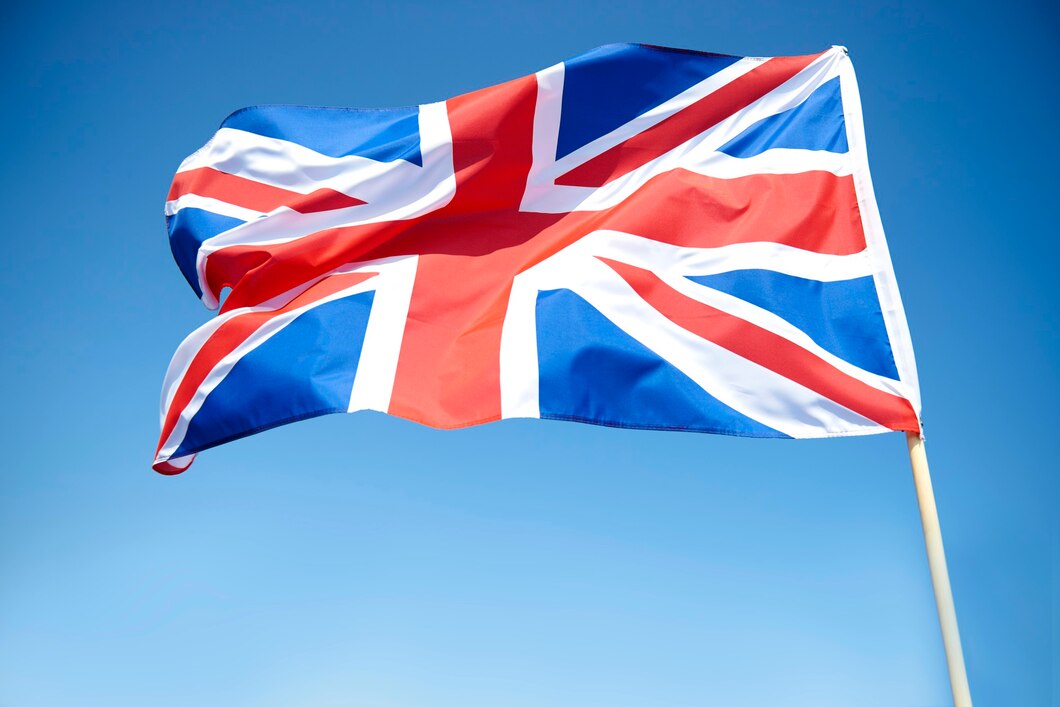The number of people in jobs has slumped at the fastest rate since the pandemic in the wake of Rachel Reeves’s tax raid.
Payrolled employees nosedived by 109,000 between April and May to 30.2 million, the Office for National Statistics (ONS) said. It represented the biggest drop for five years, dwarfing a slump seen at the start of the pandemic.
Early estimates from the ONS also suggested that employment in May plunged at the fastest pace outside the pandemic since at least 2014.
The sharp drop came after the Chancellor’s £25bn National Insurance tax raid and another inflation-busting jump in the minimum wage took effect in April.
The ONS also said more jobs were lost in April than it previously thought. The labour market suffered an even greater fall of 55,000 employees, compared with the 33,000 previously thought.
In total, 274,000 jobs have now been lost over the last 12 months as the Chancellor has mounted her tax raid on the country.
Official figures showed the unemployment rate rose to 4.6pc in the three months to April, up from 4.4pc. This is the highest since the summer of 2021, when Britain was only just emerging from lockdowns.
Despite the surge in unemployment, jobs in the public sector jumped to the highest level in 14 years as the Chancellor prepares to unveil a £300bn spending spree this week.
Almost 6.2 million people were employed in the public sector in March, 35,000 more than a year earlier. This is the highest number since December 2011.
Private sector job seekers face the toughest market since the pandemic. Job adverts fell to 736,000 across the three months to May, compared with 760,000 in February to April, the ONS said.
Wage growth also slowed to 5.2pc in the three months to April, the slowest pace in seven months.
Hannah Slaughter, from the Resolution Foundation, a think tank, said: “The jobs data paints a picture of a rapidly weakening labour market. The employment rate has been falling for the past two years, first due to rapid population growth and now also due to a fall in the number of jobs.
“Early indications suggest this jobs fall has been particularly pronounced in the hospitality sector – which has been especially hard hit by recent rises in the minimum wage and employer National Insurance.”
Andrew Griffith, the shadow business secretary, added: “It is disappointing but no surprise that unemployment is up again.
“Businesses are still absorbing a �£25bn jobs tax, but things are about to get even worse as Labour’s £5bn unemployment bill hits businesses with higher regulation.”
Traders ramped up bets on interest rate cuts after the latest weakening in the jobs market. Money markets indicate there is now an 81pc chance of a reduction in borrowing costs in August, compared to 68pc before the latest ONS figures.
As a result, the pound slipped 0.5pc against the dollar below $1.35.
Jordan Rochester, of Japanese bank Mizuho, said the Bank of England would be free to cut interest rates at a faster pace from 4.25pc now to 3.5pc by November.
Matthew Ryan, of Ebury, a global financial services firm, added: “We think that a summer cut is back in play, with a good chance we now see a couple more rate reductions before the year is out.”
However, Thomas Pugh, an economist at RSM UK, a tax consultancy, said wages were still rising too fast.
“With private sector pay growth still running at almost double the rate the Monetary Policy Committee is comfortable with, further policy easing will be gradual,” he said. “A rate cut next week still seems off the table, but today’s data makes it more likely that the next cut comes in August.”
The ONS figures show that the number of civil servants is the highest since 2006, at 550,000, rising by 6,000 from a year earlier.
This helped to push the total figure of central government workers to a record high of 4m, up by 93,000 from a year ago.
They said the rise was driven by the NHS, the Civil Service and some local authority schools becoming academies, which changes how their staff are classified in the numbers.
The figures come ahead of Ms Reeves’s spending review on Wednesday, which is expected to offer big increases to defence and health while squeezing other departments.
The Chancellor has raised departmental spending by nearly £400bn since Labour won the election. It comes as economists have warned more tax rises are “inevitable” in autumn.
The NHS, which is expected to be the biggest winner in the spending review, employed a record 2.1 million people in March, up by 44,000 compared with a year ago.
Ms Reeves is poised to hand the Department of Health the largest cash injection of any public service, raising its day-to-day budget by 2.8pc a year in real terms over three years. This amounts to a cash rise of £30bn by 2028, or £17bn after inflation.
Private sector workers experienced slower pay growth than those in the public sector when excluding bonuses, at 5.1pc to 5.6pc in February to April, compared with the same period last year.



